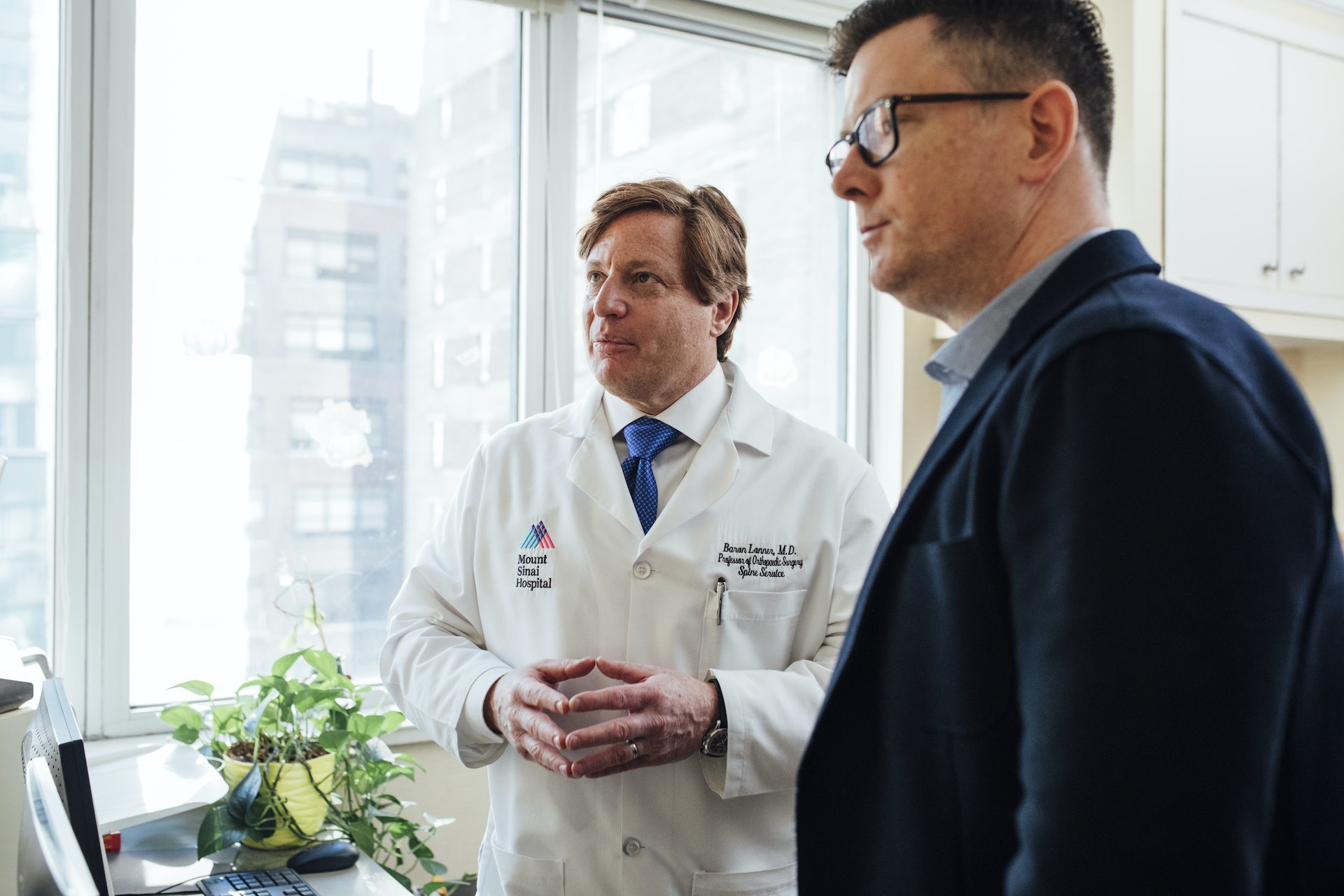While participating in clinical trials carries certain risks, they are also regulated by the Food and Drug Administration and have an excellent safety record. In addition, they give people with life-threatening diseases hope. Placebos, meanwhile, are rarely used in these trials. To help you decide whether or not to participate in a clinical trial, talk with your doctor and ask about its specifics.
Placebos are rarely used alone in clinical trials
Placebos are inactive substances explicitly made for clinical trials. They do not affect the patients and are usually used as control groups. However, some types of practices do include placebos, including those that test the effectiveness of a new surgical treatment. Understanding the differences between placebos and active ingredients can help you decide whether to participate in a clinical trial or not.
Some advantages of using placebo controls in clinical trials include ensuring a more objective study. Placebos can reduce bias and increase the likelihood of finding positive results. They can also help ensure that all participants are randomly assigned to the treatment group. However, the risks associated with using placebos must be weighed against the possible benefits of the intervention.
Another advantage of placebos is that they do not have side effects. They are inexpensive and non-addictive. Moreover, they can provide hope to patients who do not have access to chemically active treatments. They can also enhance traditional medical treatments.
They offer hope for people with life-threatening illnesses without other options
Clinical trials are designed to test new treatments or medications not yet approved for use in the market. They can also help prevent certain diseases and may involve using vaccines, drugs, or lifestyle changes. Many clinical trials focus on new and previously undiagnosed patients, and others include healthy subjects.
Before participating in a clinical trial, patients must meet specific criteria. They must be willing to undergo multiple visits and appointments and may need to stay in a hospital. In some cases, they may receive compensation for travel expenses. Patients must also ensure they are eligible, understand the protocol, and sign the proper participation paperwork.
Moreover, clinical trials can offer hope to people with life-threatening illnesses who are not responding to existing treatments.
The Food and Drug Administration regulates them
FDA regulates clinical trials, but the organization is not entirely independent of the pharmaceutical industry. There have been accusations that Big Pharma influences the FDA to speed up the approval process for new drugs. Physicians and scientists at FDA-regulated institutions have also expressed concerns about the organization’s integrity.
The FDA’s role in regulating clinical trials is to protect participants’ health and safety. The agency also helps ensure the quality and integrity of research trials. For example, the agency monitors the Good Clinical Practices, or GCP, protocols. These guidelines guide researchers to design clinical trials that are medically sound and safe.
FDA regulations for clinical trials are strict and include many requirements. One of the most important is informed consent. This process involves providing participants with information about the study before they agree to participate. The information provided helps the participants give their support, and the FDA requires that participants sign an informed consent document outlining the specifics of the study.
They have impeccable safety records
Clinical trials are highly regulated to ensure that the safety of study participants is a top priority. They are conducted by Institutional Review Boards (IRBs), comprised of scientists, doctors, and laypeople dedicated to ensuring those study participants face the lowest possible risks. They conduct periodic reviews of trial results to ensure the safety of the trial.
While clinical trials can be time-consuming and inconvenient for trial participants, they are considered a vital part of medical research. These studies typically involve multiple medical appointments and a stay in the hospital. To ensure the safety of participants, the federal government passed laws to protect their rights. Additionally, clinical investigators are required to supervise study participants. Because of this, clinical trials have impeccable safety records.





Leave a Reply
You must be logged in to post a comment.